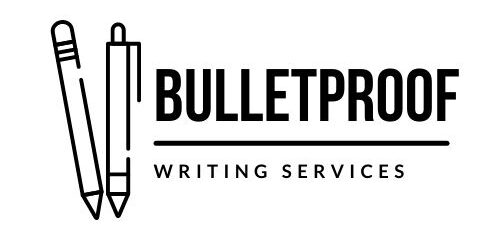A few weeks ago, my dad asked how my latest editing project was going. So I told him a bit about the report I had just finished—the topic, length, number of edits, etc. He did some rough calculations and exclaimed, “That’s nearly twenty revisions per page!”

Photo courtesy of Canva.
That was true, so I just nodded. But it was his next question that really got me.
“Do your clients not know what they are doing? Are they just not very good writers?”
Friends, I suspect many people might jump to that conclusion, but that’s not what I’ve found. My clients are smart, capable people with strong writing skills, and that’s what I told my dad.
“But if they’re good writers, why are there so many errors in their projects? Why do they need your help?”
“First of all,” I told him, “the number of revisions in a file doesn’t determine whether someone is a ‘good’ writer.” And my clients come to me for many reasons, but these three are the most frequent.
Good Writers Need Time
I work with several small businesses. During our onboarding discussions, I ask what they’re struggling with regarding their writing or editing. The most common response I get is time. These clients are skilled writers, reporters, and communicators. But their jobs encompass more than only writing. As one client says, she wears about twenty-seven different hats. When she’s balancing all her responsibilities, there just isn’t enough time for her or another team member to edit their publications.
Similarly, the software startup I work with has a small team. They’re focused on product development and customer support. They have the know-how, but they don’t have the capacity to create content for their website.
Good Writers Have Knowledge Gaps
I have clients who know the AP Stylebook inside and out—but the edition they have is from college, which was many years ago. Language and grammar guidelines evolve, and keeping up with the changes isn’t possible or a priority for everyone. That’s one benefit of partnering with me: I keep up with the current discussions and debates about conscious language, style guide updates, and grammar. You don’t have to.
But some of my clients never intended to be writers. In the course of their careers, they’ve found themselves in charge of drafting proposals, reports, or newsletters, and it’s difficult for them. These people are exceptional at their jobs, be it software design, IT support, consulting, or teaching. They just aren’t comfortable with style guides or citations. That’s where I come in. We work together to customize a style sheet for their business. With each document we partner on, the revision process becomes a personalized writing course for them.
Good Writers Need Partners
Writing a manuscript or dissertation is a huge undertaking. A project of that scope can be daunting. With long-term projects like these, my clients come because they feel overwhelmed or isolated. They may have the support of friends and family, but sometimes that’s not enough. These clients need someone who understands when they talk about literature reviews, the finer points of Chicago style, or marketing materials. They need a partner. We talk through timelines, revisions, next steps, writing processes, mindset adjustments—whatever my clients need to stay on track with a positive mentality.
Mother Teresa said, “I can do things you cannot, you can do things I cannot; together we can do great things.” I can’t write those manuscripts or dissertations for my clients. But I help refine their writing, strengthen their projects, and provide a shoulder to lean on along the way. We’re in this together.
Takeaway
Do good writers need editors? Yes. Does the number of revisions in a file determine whether a writer is “good”? No. Writers don’t live in isolation; they have other responsibilities and demands on their time. Those obligations make it hard to keep up with evolving language and style guidance. And with some projects, writers need a partner to help fight overwhelm and provide encouragement and revision. So what do you need help with? Managing time? Shrinking a knowledge gap? Tackling a large-scale writing project? Whatever it is, contact me! I’d love to learn more about your project and partner up with you. Together, we can make your writing bulletproof.
